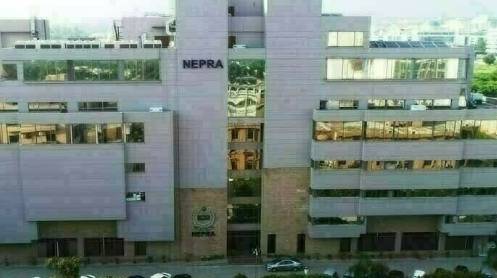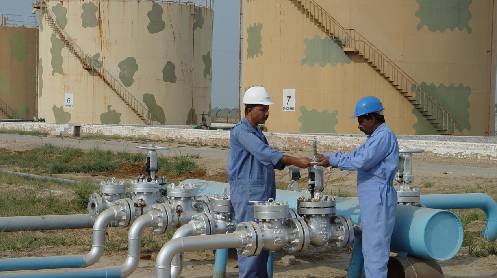The deemed duty collection in the past for upgradation purposes continues to haunt refineries as the Cabinet Committee on Transport and Logistics (CCoTL) here on Monday directed the Petroleum Division to come up within two days with details of deemed duty on POL products since its imposition on the POL consumers and utilisation of the amount collected in this head. The CCoTL sees massive scam of billions of rupees in the amount collected as deemed duty, which was not fully utilised for upgradation of the refineries but has been used to offset their losses.
The CCoTL, in its decision on September 6 (Monday) while addressing the Managing Directors (MDs) of Pak Arab Refinery Company, National Refinery Limited, Attock Refinery Limited, Pakistan Refinery Limited, Byco Refinery and ENAR Petroleum Refining Facility, also recommended that the Petroleum Division carry out an audit of the deemed duty collected by the refineries and also requested for information about yearly break-up of the deemed duty collected each year and its utilisation since its inception and reports of the audits of deemed duty conducted by the third party or government auditors since its inception.
However, the Petroleum Division has already submitted to the secretariat of CCoE (Cabinet Committee on Energy) the altered refining policy draft with some clarifications of the question raised by the CCoE members in the meeting held on August 20. In the altered Pakistan Oil Refinery Policy draft 2021, the Petroleum Division has submitted the answer over the deemed duty’s justification and how it was utilised saying that the deemed duty as tariff protection was introduced post abolishment of guaranteed rate of return formula (10-40%) in 2002 with the purpose to operate refineries on self-financing basis to offset losses and upgradation. The Petroleum Division has claimed that since the inception of the deemed duty, the refineries made an investment of Rs200 billion against Rs210 billion collected in the head of deemed duty. It also said that this introduced 10 percent tariff protection on diesel and 6 percent on JP-4, Kerosene and Light Diesel Oil. However, in 2007-08, the deemed duty (tariff protection) was limited to just diesel and reduced to 7.5 percent effectively reducing the tariff protection to around 2 percent on overall production slate.
In its response to the query over rationale for income tax holiday for 20 years in the refinery policy 2021 draft raised by the CCoE participants in the meeting held on August 20, the Petroleum Division says that the proposed policy provides incentives in the form of tariff protection, which would go up to 40 percent of the funds required for upgradation, the actual contribution from tariff protection may be around 25-30 percent of the project cost on plus 40 percent cost estimates and multiple pricing scenarios and the rest of the capital must be borrowed or invested by the sponsors.
Since the refineries’ business is capital intensive and upgradation would cost around $4.2 billion, the debt portion would also be significant. And in order to maintain the sustainable operations while repaying debt obligations, the refineries require tax holidays to the extent of their revenues from upgradation projects, post commissioning. The Petroleum Division also clarified saying that the tax holiday would not be applicable on the current refinery operations but only on the revenues derived from the upgradation.
The maritime minister in a meeting held on August 20 had raised the issue saying that the projects such as installment of Single Point Mooring and making jetties require the approvals of the maritime ministry. The Petroleum Division has agreed in the changed draft that it would seek approval from the relevant authorities for project like SPM and Jetties.
About availability of upfront tariff protection incentives to the existing refineries for upgradation, the Petroleum Division has clarified that the upfront utilisation of incremental protection revenue was previously provided in the policy. However, under the new proposed amendments in the policy to be effective from January 2022, this amount can be used after award of EPC (engineering, procurement and construction) contract by the respective refineries. This will ensure that the refineries incur cost from their own resources prior to utilising the funds through tariff protection. This will also ensure accurate costing will be available as FEED (Front End Engineering Design) would have already been carried out and it will also ensure that the funds generated through the tariff protection will be made available for the EPC and onwards, which represents the major spending phases.





